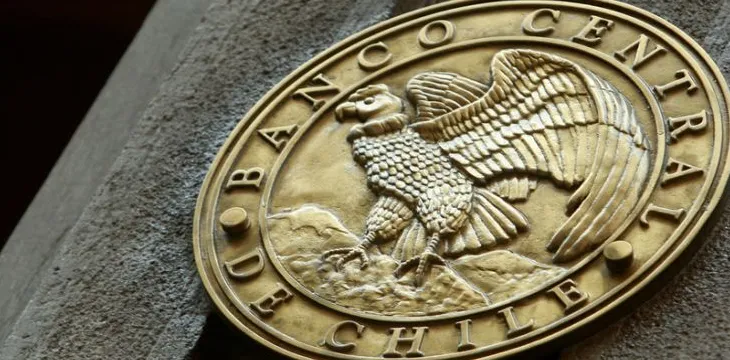|
Getting your Trinity Audio player ready...
|
The Banco Central de Chile (BCC), the central bank of Chile, continues to do everything it can to prevent cryptocurrencies from taking hold in the country. Last year, it ordered banks not to work with crypto exchanges, a position that was later overturned in court, but is now suggesting that crypto could never substitute fiat. It’s another demonstration by governments of the inability to see the overall picture and embrace the future.
The BCC said in a report, which was made available on issuu.com, it issued almost a week ago that crypto is still in an early stage of development and, as such, it is possible to predict if digital currencies can evolve. Of course, when fiat was first introduced, it was in an early stage of development and it seems to have evolved, although it has taken more than two thousand years.
The report was generated upon a request of Chile’s Tribunal de Defensa de la Libre Competencia (TDLC), an independent anti-monopoly institution that was formed to ensure that rules governing free competition in the country are not violated. The TDLC was involved in the legal dispute between the BCC and crypto exchanges last year.
The BCC also stated (translated from the original Spanish document), “Currently, there is no evidence that would allow the conclusion that Bitcoin, or any other crypto asset, or crypto assets in general, will substitute legal currencies. […] To achieve that goal, relevant legislative framework and regulation have to be adopted.”
Given that every aspect of fiat is regulated in all countries, it appears as though the BCC is suggesting that crypto could be given its rightful place if the country were to introduce laws to govern the ecosystem. Absent this, the BCC wishes to maintain a hands-off approach.
The report also provides a description of digital currencies that sounds incredible similar to that of fiat. It asserts that crypto assets can be characterized, in general terms, as digital representations of value that can be negotiated or transferred and can be used for investment or payment purposes, provided that the parties involved agree. Change “digital representations” to “representations” and you have fiat.
While the country may not be ready to draft the legal framework to guide crypto, it certainly is ready to make money off it. This past January, Chile introduced laws that require all crypto profits to be declared in order for the country’s tax collectors to be able to grab a percentage of the profits.

 06-30-2025
06-30-2025 





